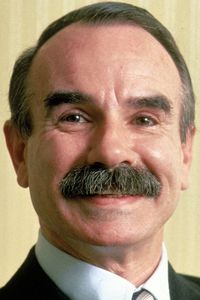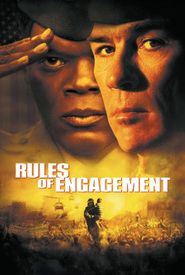G. Gordon Liddy, a man of fantastic intelligence and complexity, was educated privately by Benedictines and Jesuits. He earned a B.S. degree from Fordham University and an Ll.D. from the Fordham Law School, graduating as an editor of The Fordham Law Review.
After serving two years as an Army artillery officer during the Korean War, Liddy entered the FBI as a Special Agent, earning multiple commendations from J. Edgar Hoover and becoming the youngest Bureau Supervisor at FBI national headquarters in Washington, DC, at age 29.
Liddy resigned from the FBI in 1962 to practice international law in Manhattan, then served as a prosecutor, ran for Congress from the 28th district of New York, and in 1968, ran the presidential campaign of Richard Nixon in that district.
In the Nixon administration, Liddy served as Special Assistant to the Secretary of the Treasury, Enforcement Legislative Counsel, authored the Explosives Control Act, and was sent to the White House as Staff Assistant to the President of the United States.
As a member of the top-secret White House Special Investigations Group, Liddy had oversight responsibility for Treasury policy on firearms and explosives and authored the memorandum that led to the creation of the Drug Enforcement Administration.
He resigned his White House post to accept positions as General Counsel of the 1972 Republican presidential campaign and the campaign finance committee, with additional duties as campaign political intelligence director.
For his role in Watergate and refusing to testify against co-conspirators, Liddy was sentenced to over 20 years in prison. He served nearly five years, including 106 days of solitary confinement, before his release by President Jimmy Carter.
Liddy is a pistol expert, an FAA licensed pilot, and a life member of the Special Operations Association. He hosts "The G. Gordon Liddy Show", a radio program syndicated to over 600 markets, and has written several bestselling books.
He has also acted in motion pictures and television, including guest-starring roles in Miami Vice, Airwolf, MacGyver, Feds, and Perry Mason TV movies.
In 1992, Liddy enrolled at the Israeli Defense Force Paratroop School and qualified for and was awarded his wings. He has re-qualified and jumped twice more since.
Liddy and his wife have five children, four of whom have served as officers in the military. One son is a two-war combat veteran reserve Lieutenant Colonel in the US Marine Corps, and another is a career Commander in the US Navy SEALs.
Liddy is a frequent guest on Fox Television's Hannity & Colmes and MSNBC's Hardball with Chris Matthews. He has lectured extensively, from Berkeley to the Oxford Union, and is considered one of the most sought-after speakers in the nation.





























